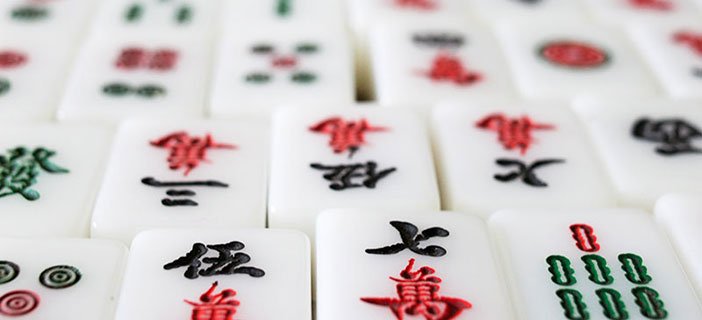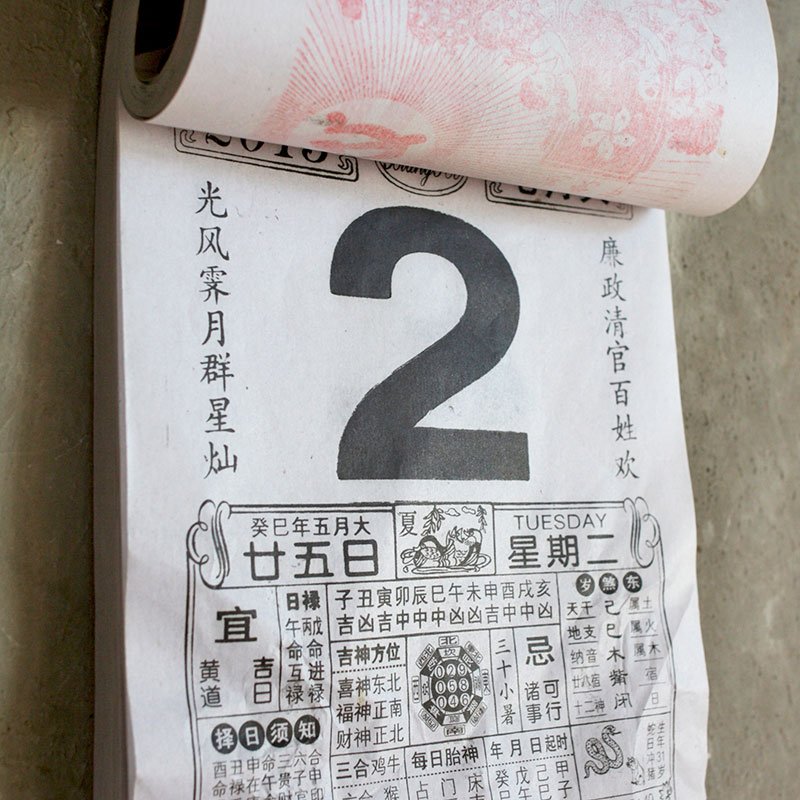jingkids
jingkids international
Age In East Asia: Why My Son Is Both Two And Four Years Old In China
Age is calculated differently in China.
11/05/2017

Ruth Silbermayr
Author
Asking about a child’s age: A simple conversation starter in China

“What’s your age”, a stranger nainai (granny) on the street asks my son. It’s one of those questions that are used as conversation starters with children in China and just completely normal small talk here. The question is often also used to determine if the kid they have in tow is the older or younger “brother” or “sister” of my child, and how the kids can refer to each other (哥哥, 姐姐, 弟弟, or 妹妹). The question “What’s your age” should be easy to answer, but it still makes my head spin even after years of living in China.
When my son says “three”, my mother-in-law starts to smile one of those Chinese smiles of embarrassment, the kind where the mouth turns into a smile, but the eyes don’t. She corrects him: “Baobao, if anyone asks how old you are, you have to say four. Don’t you remember that spring festival is already over? What happens when we celebrate spring festival? We all turn a year older.”
East Asian age reckoning
If you calculate my son’s age from birth, like we’d do in the West, he’s technically only two years old. He’ll turn three this summer, but four? No wonder he is confused. Where we live in China’s Northeast, a mere five hours by car from the Yalu River that marks the border between China and North Korea, people additionally add one year before birth for the time the baby spent in the uterus, as is not only common in many regions in China, but also in Korean culture. The practice of adding one year at birth and another one once the Chinese New Year starts is called East Asian age reckoning.

And this is the story of how my son turned from only two years to four in the blink of an eye. One extra year is added for the period pre-birth, and one after spring festival.
Many people in China (especially older generations) don’t know their exact age
While my husband knows his exact date of birth and his age, I’m not totally sure how old my in-laws are in exact numbers. I know that they were born in the Year of the Goat and in the Year of the Monkey, and my husband will remind me of their birthdays in the lunar calendar once they roll around, but not even my husband is sure of their exact birth dates in the Gregorian calendar (I know, I know, in times like these it would actually be rather easy to just look up the dates and calculate their age, but somehow my mother-in-law still has to remind my husband every year whenever their birthdays roll around).
My husband knows his exact date of birth and it is written correctly in his passport, but I’ve taught many students from China who immigrated to Austria whose date of birth in their Chinese passports was actually the date they were born according to the lunar calendar.
Asking about the zodiac birth year
So in order to clarify, once people know my son’s age, the second question is usually, “In which zodiac year were you born (你属什么)”? If you want to say your child’s age like you would say in the West, you can say 周岁 in Chinese instead of only 岁. In the case of my son, he’d say he’s four years (四岁), even though he’ll only turn three full years (三周岁) in summer, calculated from birth.
How do you say your age in China?